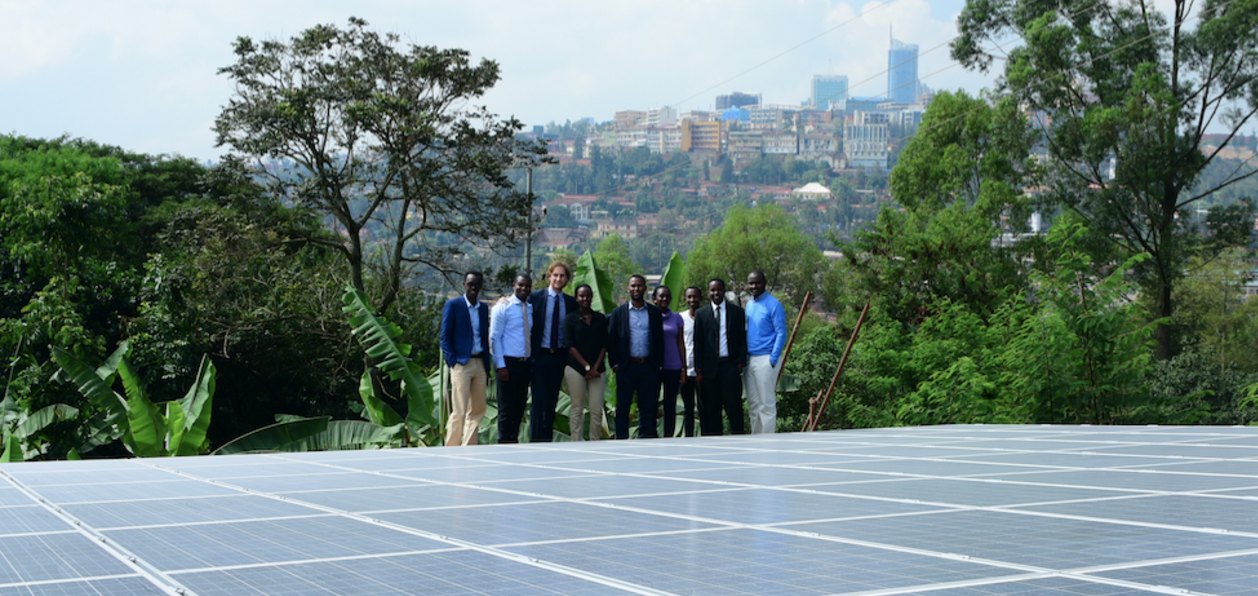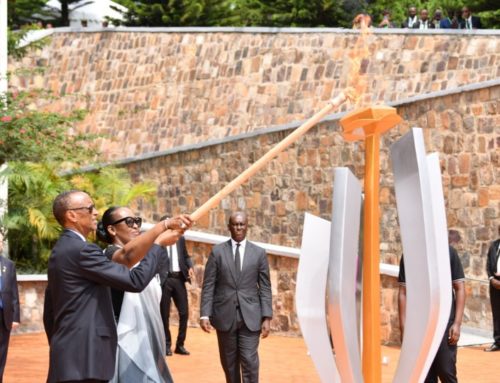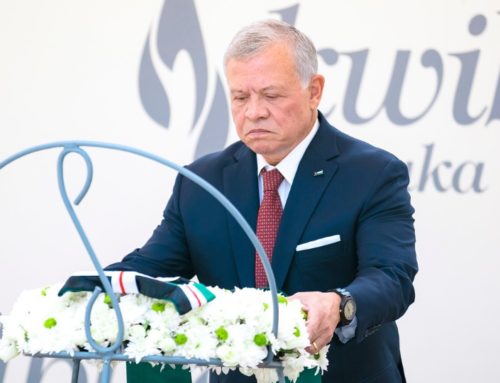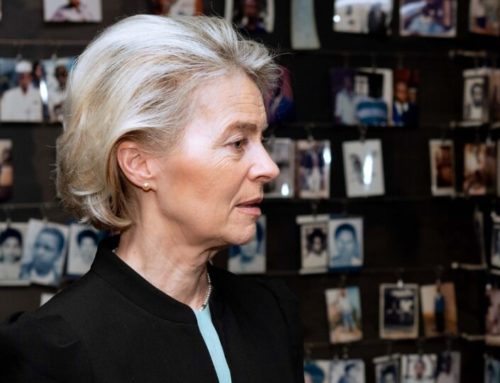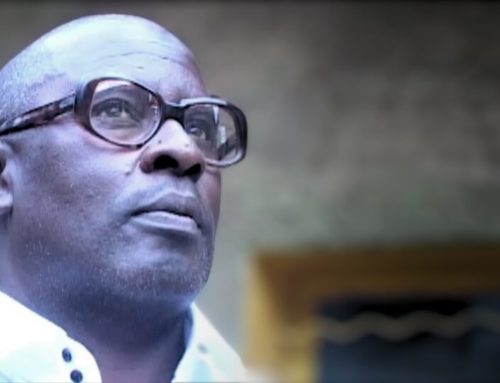Last week a solar system developed by Centennial Generating Co. became operational at the Kigali Genocide Memorial.
Established by the Aegis Trust in 2004 at the request of the Rwandan Government and Kigali City Council at the site where some 250,000 victims of the genocide against the Tutsi lie buried, the Kigali Genocide Memorial continues to be run by Aegis today on behalf of CNLG (Rwanda’s National Commission for the Fight against Genocide) as a place both of remembrance and learning for a new generation.
The solar project, installed at no upfront cost, will meet the majority of the centre’s power needs during sunlight hours, helping to reduce power costs and the carbon footprint of the memorial. During Phase 2 of the project, scheduled for later this year, Centennial will fit the solar system with battery storage. This will reduce the memorial’s need for diesel fuelled standby power generation.
“The Kigali Genocide Memorial is a historic place and will continue to be so for many generations to come,” said Honore Gatera, Manager of the Kigali Genocide Memorial. “We are working hard to ensure that the memorial is sustainable, both financially and environmentally. Through our partnership with Centennial, the memorial is a going green. Instead of requiring upfront capital, Centennial is selling us the electricity generated by the solar system at a discount compared to our current power costs. This will allow us to dedicate more funds to our remembrance and peace education programmes.”
The majority of solar investment in markets throughout the African continent is currently based in rural areas for pay-as-you-go solar kits in villages and large utility-scale projects that sell electricity into the national grid.
Noting this, Founder and Managing Director of Centennial, David John Frenkil, said, “While these rural solar projects are extremely important for the region’s development, Centennial focuses on a currently under-addressed challenge for commercial and industrial customers in and near urban centres that need more affordable and reliable power supply. In a region with an average age under 21, which is also currently experiencing an unprecedented demographic shift to cities, we are deploying on-site distributed power systems for customers like the Kigali Genocide Memorial because African markets can’t rely only on centralised power plants with four-to-five year development horizons.”
The solar project will provide training programmes for renewable energy operations and maintenance skills in coordination with Centennial and the non-profit organisation Women for Women International.
The solar system is located on a new section of the memorial café, a space that will be commissioned in April. Contractors for the project included C4 Construction Company, through its General Manager Bruce MacDonald and Project Manager Jean Marcel Ngabo, which built the café expansion. PowerGen Renewable Energy, led by Sam Slaughter and Mark Wopicho, supported in system design and installation of the solar system. The expansion of the café was designed by Robert Rubarema for Landmark Architects.
To learn more, visit Centennial’s website and follow Centennial on Twitter at @CentennialGen and Instagram at @100Africa.

